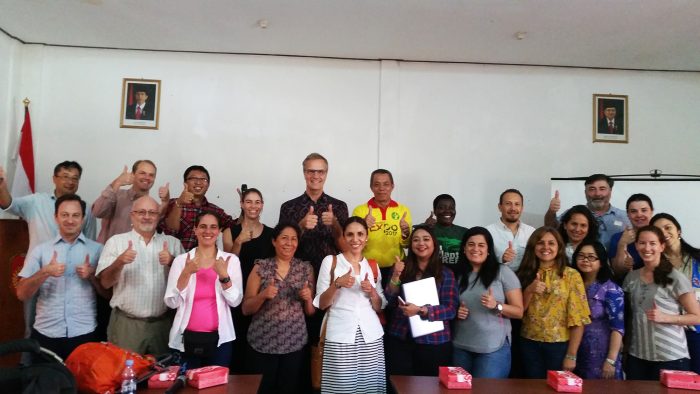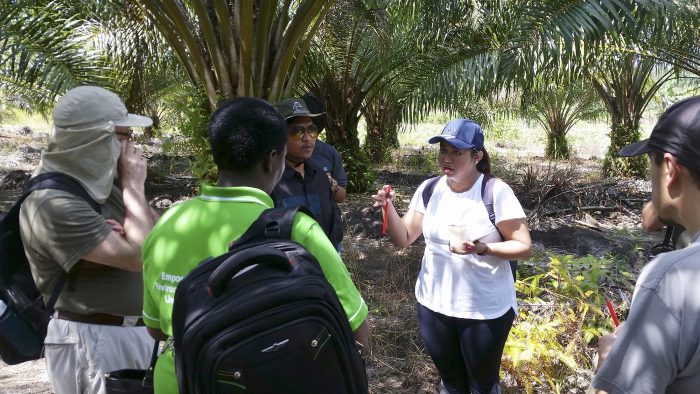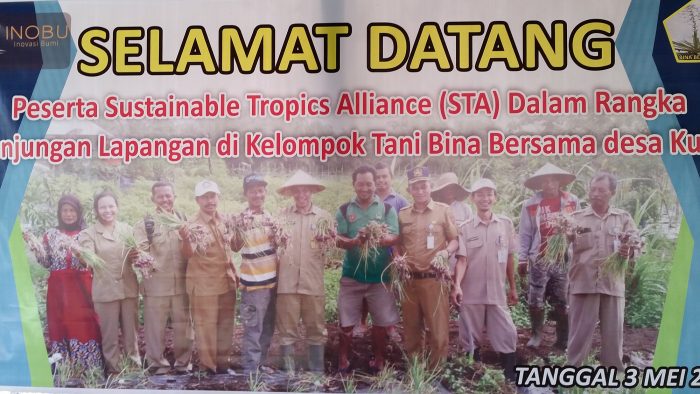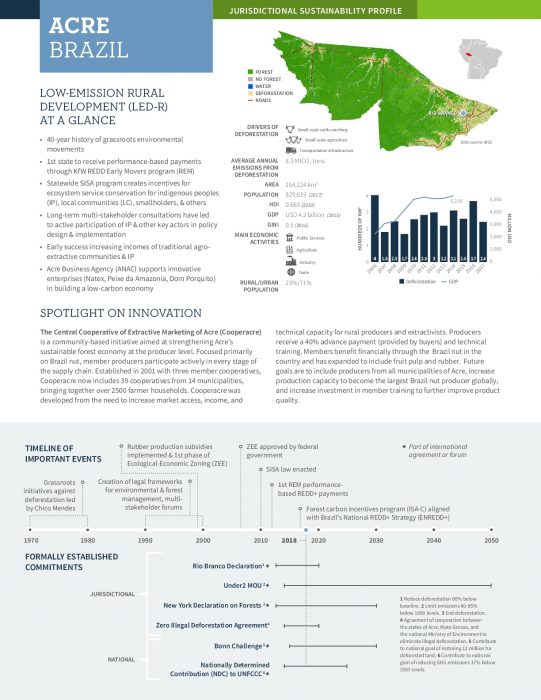Within the framework of the project implementing strategies for the transition to low-emission rural development, the Annual Meeting of the Sustainable Tropics Alliance was held to advance towards jurisdictional sustainability and the regional and global strategies that convert the LED-R action plans into public policies.
The Sustainable Tropics Alliance (STA) is a strategic partnership of independent non-governmental organizations located in the tropical fringe of the planet, which uses research, the involvement of multiple stakeholders and local knowledge to develop alternative models of low-emission rural development (LED-R) in the Tropics. This alliance serves as a platform for its partners to collaborate globally in supporting policies, institutional arrangements and market mechanisms that drive LED-R. Therefore, the strength of this network lies in its ability to share lessons learned collectively and design strategies that can serve as models for other regions.

The STA in the framework of the IKI projects
With the aim of improving the concepts related to jurisdictional sustainability, the STA held its annual meeting from April 29th to May 2nd, in Indonesia. The work focused on reflecting and exchanging ideas on how to improve territorial performance and reduce emissions through incentive mechanisms and other regional and global strategies, which involve different groups of actors to convert LED-R action plans into public policies.
One of the core parts of the meeting was based on discussing the criteria that should include a new report on jurisdictional LED-R and the exchange of regional ideas, challenges and opportunities. In this sense, it was announced that in order to generate this report in jurisdictions belonging to the STA and the Governors’ Climate and Forest Task Force (GCF), two important tools are being applied: the Survey for the Evaluation of Jurisdictional Sustainability and the Sustainable Landscapes Rating Tool, with the objective of measuring the progress of the jurisdictions in the implementation of their LED-R strategies.

It is expected that the results of this research will be presented during important upcoming international forums on climate change. The objective is to generate reports in 42 jurisdictions and 38 states, to provide feedback to governments on improvements in their LED-R strategies, understand the challenges and opportunities related to them and identify which elements need specific support in some jurisdiction, in order to provide information to potential investors or donors and measure the risk they could assume by investing in these jurisdictions.

The host of this meeting was Inovasi Bumi (INOBU), partner of the STA and the IKI project in Indonesia, a leader in applied innovative research and technology for terrestrial and marine landscapes, which is currently working on action plans to reduce deforestation, emission of greenhouse gases, and the social problems linked to the expansion of oil palm crops. Therefore, the activities included a visit to the Kotawaringin Barat, Central Kalimantan to learn about INOBU’s work on jurisdictional certification issues in palm oil.

In the State of Chiapas, the project is implemented by Pronatura Sur, with the collaboration of SEMANH and CONAFOR. It is hoped to improve territorial performance through three action plans in the rural sectors of:
-Cattle raising
-Forest
-Palm oil
as well as a DRBE strategy at the state level.
More information on the forums:
https://www.norad.no/en/front/events/oslo-tropical-forest-forum-2018/
https://gcftf.org/events-library/2018/9/10/gcf-task-force-annual-meeting-2018
https://globalclimateactionsummit.org/
This article is from Pronatura Sur. The content of this article is the sole responsibility of the author.
